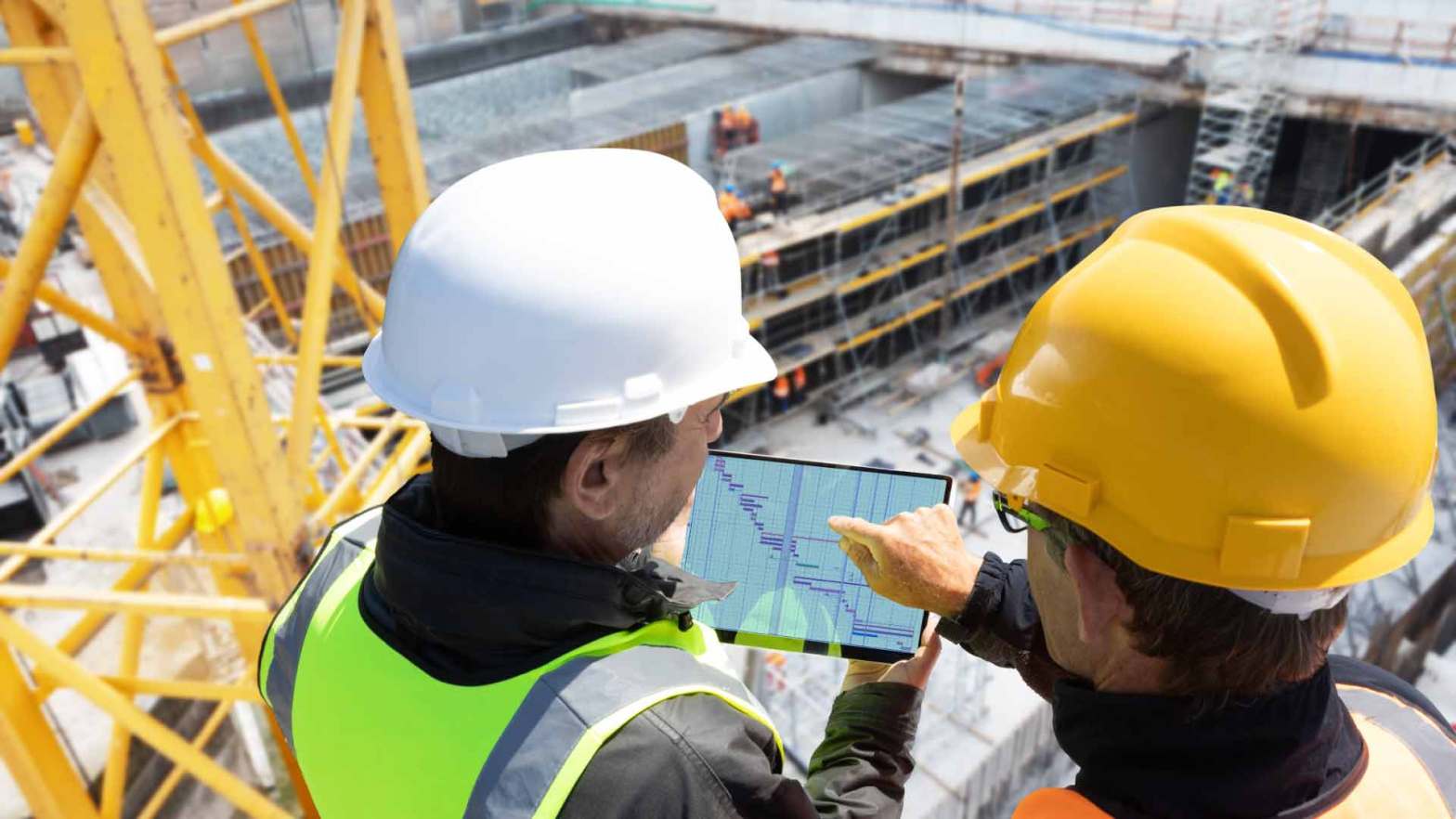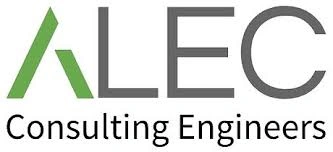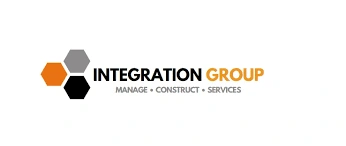
In today’s fast-paced, tech-driven industries, automation has become a buzzword. From AI-powered design tools to self-checking quality systems, automation is being hailed as the future of efficiency, accuracy, and scalability. And there’s no denying its impact. But amid the hype, a vital ingredient is often overlooked: human expertise.
As automation becomes more widespread, the true value of expertise—real, hands-on, lived experience—has never been more critical. Automation can streamline tasks, but it doesn’t replace the judgment, adaptability, and problem-solving ability that experienced professionals bring to the table.
Automation Is a Tool, Not a Replacement
Automation is at its best when it supports human work, not when it tries to replace it. For example, in construction and design, automation can rapidly generate models, identify clashes, or optimise schedules. However, it can’t yet understand the nuances of a project’s local environment, the client’s evolving needs, or the on-the-ground challenges that arise during delivery.
A well-trained algorithm can help identify potential issues in a building design, but it can’t weigh up the cost, program, and client relationship implications like a senior project engineer can. It doesn’t know when to make a judgment call, when to push back, or when to innovate around a constraint.
Context Still Matters
One of the limitations of automation is its dependence on clearly defined inputs and scenarios. But real-world situations are rarely black and white. Construction projects, infrastructure developments, or even something as seemingly straightforward as asset management are full of grey areas where context matters deeply.
Take risk management. Automated systems may flag high-risk activities based on predefined thresholds, but experienced professionals understand how those risks interact, escalate, or can be mitigated based on project-specific factors. They’ve lived through similar situations, learned from past outcomes, and developed a level of foresight that simply can’t be coded.
Expertise Is a Strategic Advantage
In competitive sectors, the businesses that thrive are often those that combine smart technology with deep expertise. Clients don’t just want automated reports—they want advice. They want to know why something matters, what the options are, and how to move forward in a way that aligns with their goals.
This is where human expertise becomes a strategic differentiator. An experienced consultant, engineer, or project manager brings more than technical know-how. They bring confidence, communication, and clarity. They know how to lead teams, build trust, and manage complex stakeholder environments. Automation can’t deliver that.
The Risk of Over-Reliance on Automation
There’s also a risk in becoming too reliant on automation. When teams stop thinking critically and default to machine outputs, quality can suffer. Automation can make mistakes, especially when inputs are poor or assumptions are incorrect. Without human oversight, those mistakes can go unchecked until they become costly problems.
Moreover, over-automation can create a skills gap. As younger professionals enter the workforce in a tech-heavy environment, there’s a risk that they don’t develop the critical thinking, practical judgment, or communication skills needed to lead projects in the future. We need to balance automation with mentoring, training, and real-world experience.
The Human Element Can’t Be Coded
What makes experts so valuable is not just their knowledge—it’s how they apply it. Their gut instinct. Their ability to read a room. Their creativity under pressure. Their leadership in a crisis. These are the things that turn a good outcome into a great one—and they can’t be automated.
Automation will continue to evolve, and rightly so. But expertise must remain at the heart of every decision, every project, and every innovation. It’s not a case of man versus machine—it’s about creating the right balance, where automation handles the repetitive and the routine, and human experts lead the critical and the complex.
As industries continue to embrace automation, the organisations that will lead the way are those that understand the irreplaceable value of expertise. Automation can do a lot, but it’s people who turn knowledge into impact. And that’s something no algorithm can replicate.
Draftech – Your Project, Our Expertise
Testimonials
Thank you for all your efforts on our projects; they have been an invaluable contribution to their success. We look forward to working with you on future projects.
Ian Ferguson MPM Group
Jess and Karl at Draftech were amazing. The communication from the start was prompt, and the entire process was extremely easy. We needed their knowledge on Air Schematics, and they had made one up for our buildings that we service. Thanks so much, and we will be using you guys in the future. Cheers, Air Control Australia.
Greg Colebrook AirControl Australia
With Draftech’s thorough understanding of building services modelling and close attention to detail, Forth has been afforded the opportunity to outsource some of our BIM projects with absolute confidence in the accuracy of the final product.
Gary Murdoch Forth Consulting
Very professional and efficient organization. Delivered a great product to a tight deadline.
ACE Power
Karl and the team are very professional and have a vast knowledge of BIM coordination.
Dwayne Willaims Babinda Electrics
We had multiple large projects with tight deadlines and needed a company we could trust. The teams delivery, attention to detail and understanding of what is being designed is always executed to a high standard.
Martin O’Donovan Envar Engineers
Draftech offered a flexible and reliable approach to working collaboratively with our team. They met our expectations and quality requirements and also offered up new ideas.
Draftech have proven to be a valuable and trustworthy resource and we will continue to work with Draftech on other projects.
Simon Marsden Umow Lai
Draftech is different from others in the professionalism and features they provide.
The ability to walk through projects in real time online provides invaluable insight into problem areas and helps provide an efficient resolution on the spot without many phone calls, emails and the necessity for us to paw through countless drawings to understand the issues.
Todd Morris Manager - Air mech
Draftech were put forward to FIP Electrical as the solution to Coordinate, Model, carry out clash detection, provide Electrical Services Shop Drawings, as built documentation and completed electrical model.
Simon Thorpe FIP Electrical
In close collaboration Draftech set up all our systems and model deliverables. In this process Draftech have proven to be a valuable resource for us and demonstrated commitment, understanding and professionalism.
David Skelley DJCoalition
Draftech’s attention to detail and proactive nature throughout the project assisted us in identifying issues before becoming evident on site, saving us both time and unexpected costs.
Matt Payne PJM Engineering Services
They delivered very high quality Revit models and associated 2D documentation at key milestones, working to a tight budget and in strict accordance with the Architects’ BIM requirements.
Peter Thomas Geoff Hesford
We found Draftech’s work to be of high standard and the team delivered exactly as agreed, in fact, when we considered the project complete, Draftech put further resources into the project as they were not satisfied.
John Johnson Beca
Engaging Draftech during design gave us the tools to make smart decisions.
Hansen Yuncken Design Manager - Michael Harkins
The drafting service is timely, reliable and fit for purpose for the built environment.
Peter Harvey Harvey Industries
Draftech stands apart from other drafting services that we have previously used in their attention to detail and ability to adapt to the individual client’s requirements.
Doug Holt McCaig Aircon
I can confidently recommend Draftech as a solid and reliable supplier, and experts in their field. I look forward to working with them again in the near future.
Chris Behan Norman Disney & Young
After seeing the benefits Draftech provided us on the Townsville Hospital Redevelopment we have set up a relationship with Draftech and intend to continue to use their BIM knowledge and skills for our future projects.
Brad Lund Energy Power Systems
Draftech has no competition as they are in a class of their own.
John Boyes Babinda Electrics
Draftech Developments Drafting and Design Capabilities, in conjunction with their outstanding level of Client service and support has provided great solutions to our engineering and Drafting Design portions within our Gorgon Barrow Island Project.
Aaron Hazelton Applied Electro Systems Pty Ltd
Draftech set up necessary systems and workflows very quickly, but also setup auditable estimating and weekly cost tracking processes that we utilised, requiring little maintenance.
TOM PURDON MPM GROUP
































